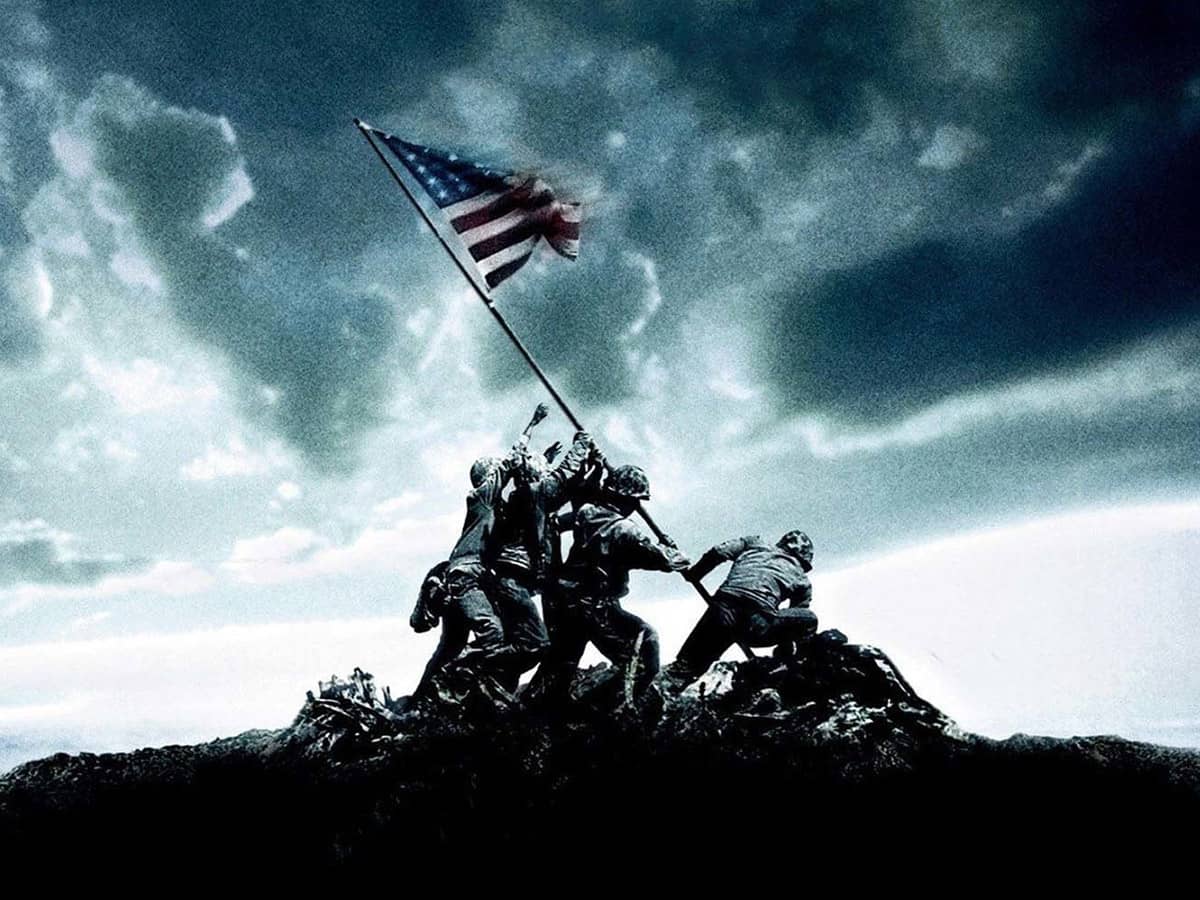97 - The Passion of the Christ
One of the most controversial, yet beloved and hated films of all times, this depiction of the violent final hours in the life of Jesus is perhaps the life accomplishment of the enigmatic Mel Gibson – who sank millions of his own money into his vision of portraying a graphic account of what Jesus endured on our behalf.
As a result, Gibson has been basically blacklisted in Hollywood and the press – for daring to defy political correctness. Panned by critics, the film was embraced by the public – even Muslims in such countries as Egypt viewed it over and over. U.S., Canadian and British churches bought out theaters for multiple weeks. Folks who had given up on Hollywood and not attended a movie in decades returned again and again to cry and pray at the sight of Jesus’ sacrifice, which transformed world history.
The film grossed a record-destroying $370 million in the U.S., then another $241 million worldwide with little having to be shared with investors – since Gibson couldn’t find many. The Passion remains the top-earning R-rated (for its graphic depiction of Christ’s beating and execution) of all time as well as the top-earning non-English language film in history – with not a word uttered on screen in anything but Latin, Hebrew and Aramaic.
It should be no surprise that it was ignored by the Academy Awards, nominated for three minor nods, but winning none. However, it was showered with recognition elsewhere, including the National Board of Review’s Award for Freedom of Expression, the People's Choice Awards for Favorite Motion Picture Drama, the Motion Picture Sound Editors’ Golden Reel Award, USA Today’s Consumers Choice for Favorite Movie Award, the American Society of Composers, Authors and Publishers’ Henry Mancini Award and Gospel Music Association Dove Awards for the best Original Motion Picture Soundtrack and best Instrumental Album of the Year.
The story opens in the Garden of Gethsemane where Jesus is praying alone, burdened with His eternal destiny. Betrayed by Judas Iscariot, He is arrested and taken before the leaders of the Pharisees, who confront him with accusations of blasphemy. Pontius Pilate, the Roman governor of Palestine, listens to the charges – and knows none of them deserve death. Pilate defers to King Herod, who sends Him back to Pilate, who thinks he can placate the howling mob by brutally flogging Jesus. They are not appeased – not until Jesus is inhumanely executed between two common thieves.
The film is neither preachy nor pedantic, but presents the historical figure of Jesus Christ and the beauty of His philosophy and teachings. It has been much-maligned for supposed anti-semitic content, but the story is taken straight from the Gospels of Matthew, Mark, Luke and John.
One cannot help but be inspired by the unquestionably flawed Gibson who doggedly refused to shy away from sensitive topics to create a sterile, gutless flick. His courage and artistic integrity still out-weigh his various much-publicized stupidities that the press and entertainment industry delight in flaunting, retelling, parodying and then retelling once more just to make sure we got the message that they detest this guy who followed his vision and would not cave into some of the most intense peer pressure ever experienced by any filmmaker.
~ Rob Kerby

